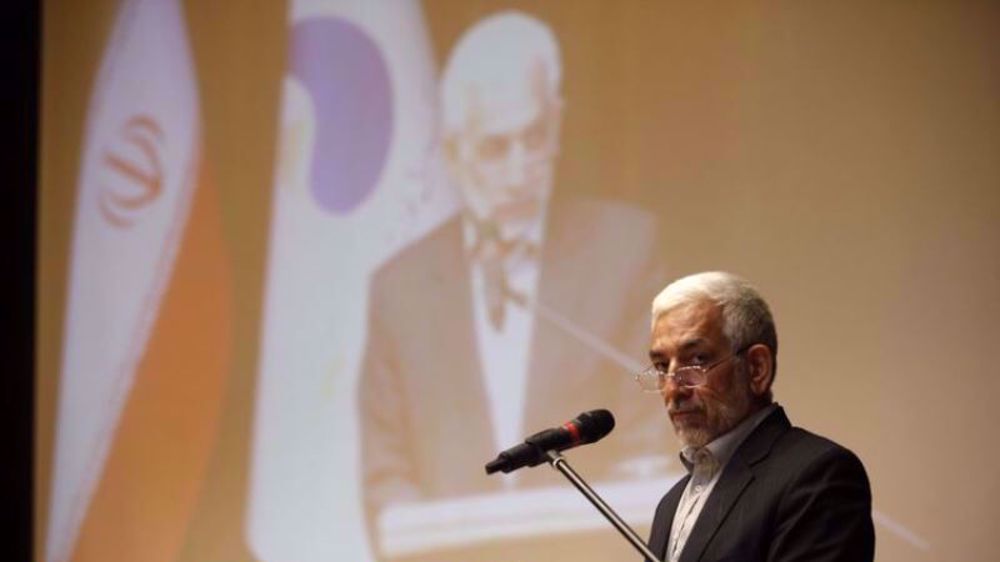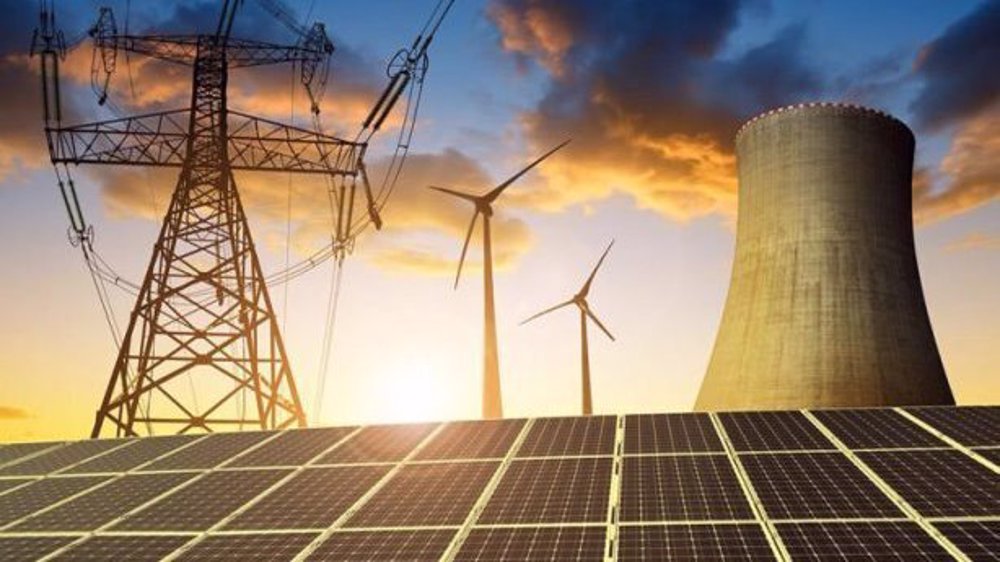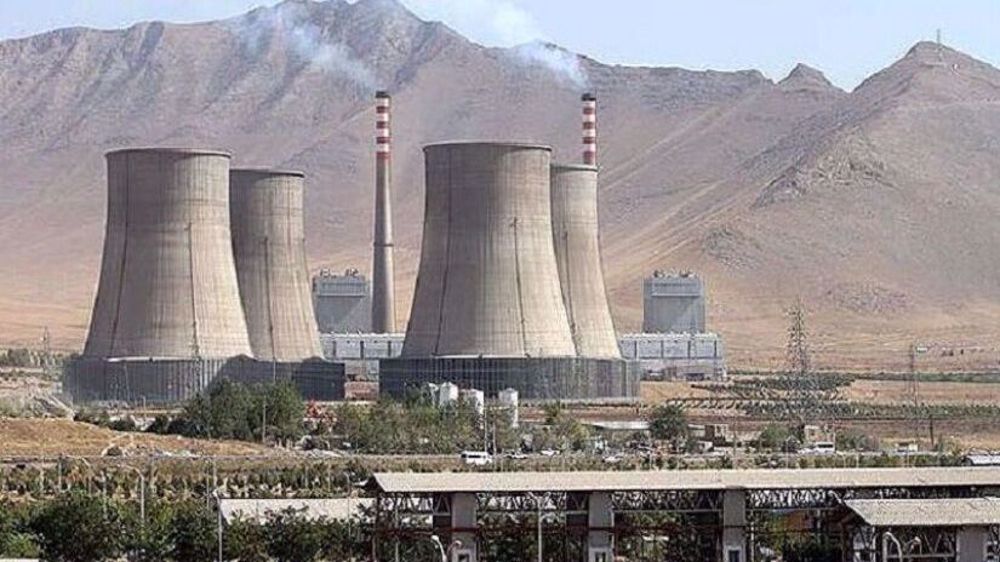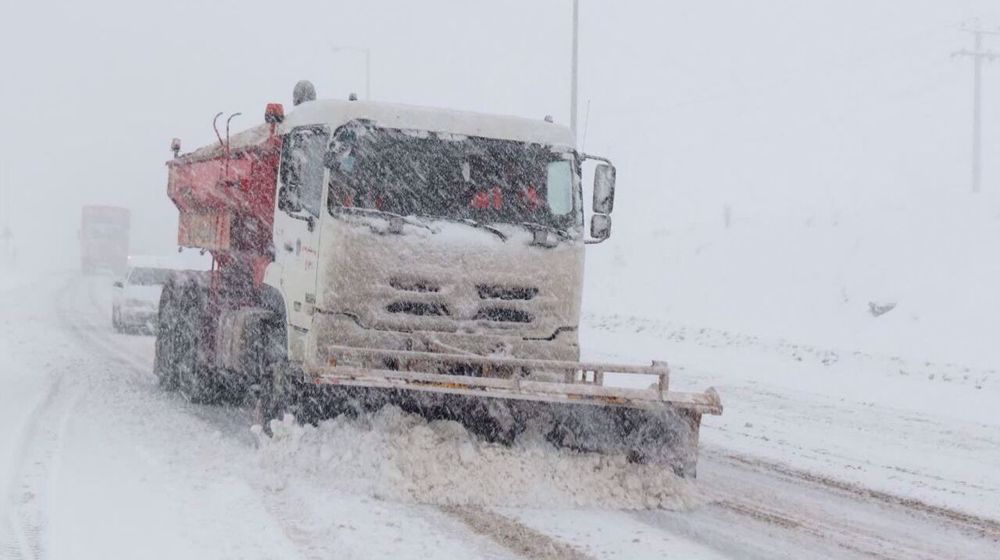Iran unhappy with water measurement access allowed by Taliban
Iran says it is unhappy with the level of access provided by Afghanistan’s ruling Taliban group to measure water levels in Helmand River as authorities insist they will pursue the case of water rights from Helmand based on the terms of a landmark treaty signed five decades ago.
Iran’s Deputy Energy Minister for Water and Wastewater Mohammad Javanbakht said on Monday that a team of Iranian experts who had toured a hydrometric station on Helmand River last week had not been allowed to visit Kajakai Dam on the river’s downstream.
“Iran is seeking a visit by technical experts to the reservoir of Kajaki Dam and Afghanistan has not granted an approval on this,” Javanbakht was quoted as saying by the official IRNA news agency.
The official made the remarks after Iranian experts visited Dehrawood Hydrometric Station, a first such visit granted by Afghanistan to Iran since the two countries signed a treaty to share the water from Helmand in 1973.
Iranian experts have yet to publicize the results of their measurements activities in Dehrawood but Javanbakht said that a single visit to the facility would not be enough and Iran wants more access to the station especially at a time when it would have the highest level of water.
Unlike previous governments in Afghanistan, the Taliban group has indicated it is willing to supply water from Helmand to Iran’s southeastern Sistan region under the terms of the 1973 treaty.
However, authorities in Kabul insist Iran’s water rights have not been delivered because of drought in Afghanistan.
Iran is entitled to 850 million cubic meters of water per year from Helmand, a river known as Hirmand on the Iranian side of border.
The Taliban foreign ministry issued a statement on Monday and said that the Iranian delegation had confirmed in their visit to Deh Rawood that the level of water flowing in the area through Helmand had dropped to a record low of less than seven cubic meters per second.
It said the Iranian experts had also acknowledged that global climate change was to blame for the drought in Afghanistan and the falling water levels in Helmand.
Javanbakht said in his Monday remarks that Iran will continue to pursue its water rights from Helmand until they are fully vindicated.
China ‘firmly opposes’ US military aid to Taiwan
VIDEO | Press TV's News Headlines
President Yoon Suk Yeol to be removed from office
At least 19 Gazans killed by Israeli airstrikes since dawn: Medics
Leader: Iran neither has nor needs proxy forces
US fighter aircraft shot down ‘in friendly fire’ amid aggression on Yemen
Yemeni FM: Israel’s sponsors accountable for ongoing aggression on Sana’a
Eight Palestinians killed as Israel attacks Gaza school, hospitals










 This makes it easy to access the Press TV website
This makes it easy to access the Press TV website